To maximize the value of useful innovative AI, and foster a sustainable society, Fujitsu promotes “AI Ethics and Governance” Fujitsu's AI Ethics and Governance

As AI rapidly becomes integrated into society, it is crucial for organizations to consider "AI Ethics and Governance" - a proactive engagement that ensures the safe and secure use of AI incorporating the principles of AI Ethics.
Fujitsu Group has been a pioneer in promoting AI Ethics and Governance in Japan since its early days, actively engaging in various initiatives. This page highlights some of our key initiatives in this area.
Fujitsu Group AI Commitment
Fujitsu Group's Promise to the Users and Society
Fujitsu has long promoted the concept of "Human Centric," aspiring to the realization of a digital society centered on people. In March 2019, recognizing the rapid advancements in AI technologies, Fujitsu formulated and released "Fujitsu Group AI Commitment." This commitment embodies Fujitsu's purpose from an AI Ethics perspective, outlining key principles that serve as a promise to our users and society. As an AI researcher, developer, provider, and operator, we prioritize communication with a wide range of stakeholders as we distribute the enormous value of AI to the society.
5 points of "Fujitsu Group AI Commitment"
- Provide value to customers and society with AI
- Strive for Human Centric AI
- Strive for a sustainable society with AI
- Strive for AI that respects and supports people's decision making
- As corporate responsibility, emphasize transparency and accountability for AI
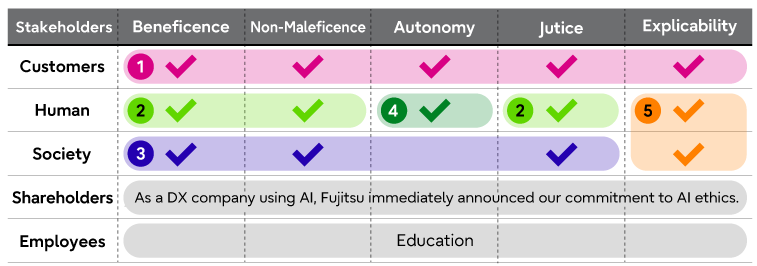
"Fujitsu Group AI Commitment": the story behind it
In 2018, Fujitsu Laboratories of Europe, now known as Fujitsu Research Europe, became a founding member of AI4People. It is a global forum in Europe on the social impact of AI.
In formulating the five points of "Fujitsu Group AI Commitment," we partnered with AI4People to incorporate academic perspectives and to ensure both the objectivity of each point and the comprehensive coverage of all relevant considerations.
Fujitsu Group External Advisory Committee on AI Ethics
Members of the Fujitsu Group External Advisory Committee on AI Ethics
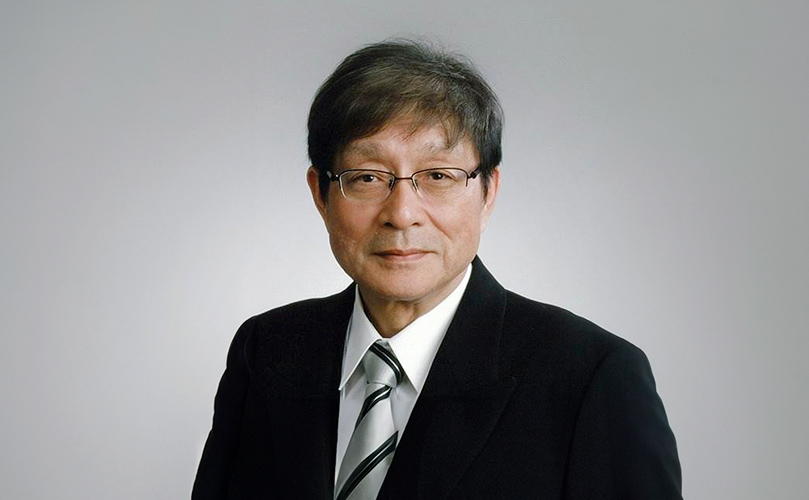
Committee Chair
Junichi Tsujii
Ergonomics Fellow at the National Institute of Advanced Industrial Science and Technology, Professor Emeritus at the University of Tokyo, Professor at the University of Manchester, etc.
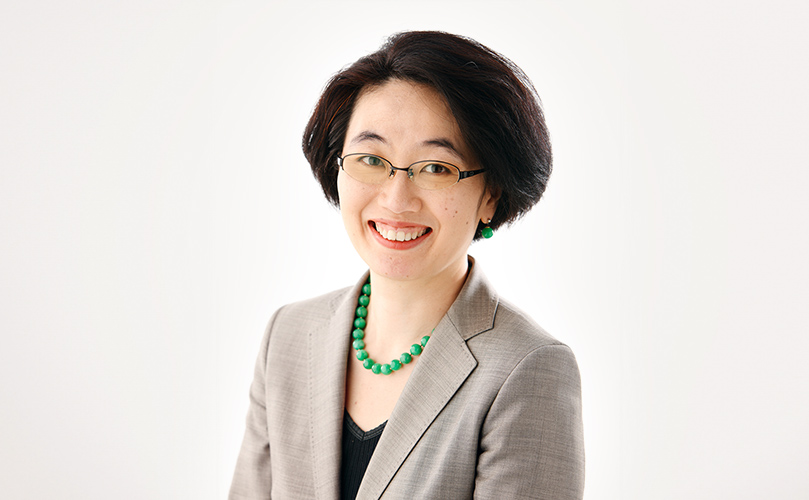
Yuko Kimijima
Professor at Keio University Faculty of Law/Graduate School of Law,
Director of Keio University Cyber-Physical Sustainability Center,
and a Lawyer, etc.
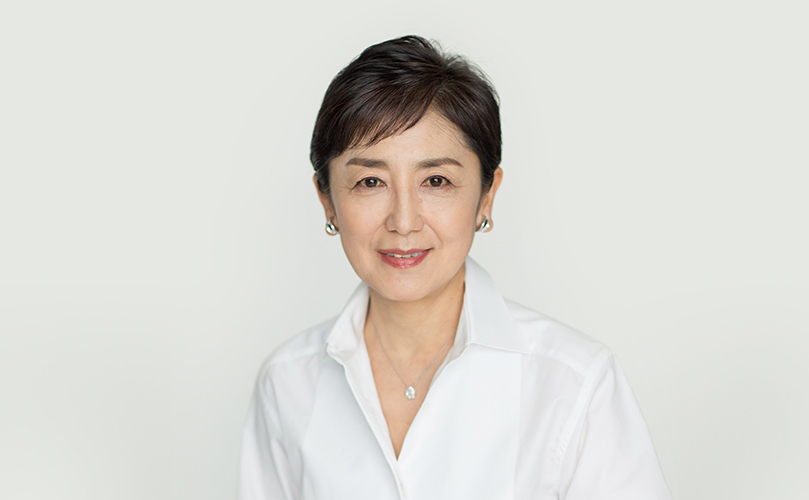
Hiroko Kuniya
Journalist, Trustee at Tokyo University of the Arts (Head of SDGs Promotion Office), etc.
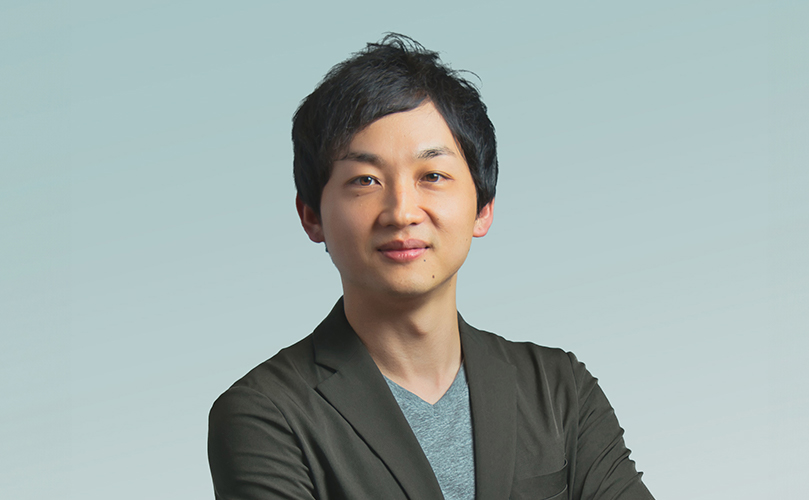
Takanori Takebe
Professor of the Research Institutes at Institute of Science Tokyo, Director of the Communication Design Center at Yokohama City University, Deputy Director of the Center for Stem Cell & Organoid Medicine at Cincinnati Children's Hospital, Professor of Graduate School of Medicine at Osaka University, Founder / Representive Director of Stellar Science Foundation, etc.
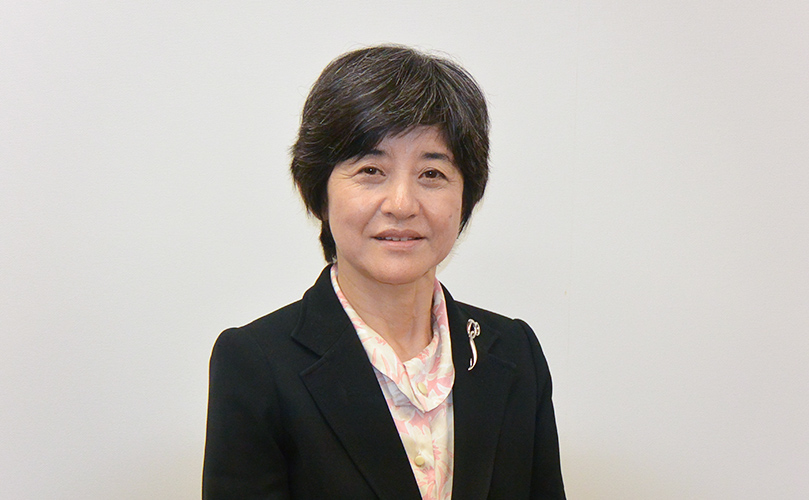
Kumiko Bandou
Governor of the Japanese Red Cross Society, Director of Save the Children Japan, etc.
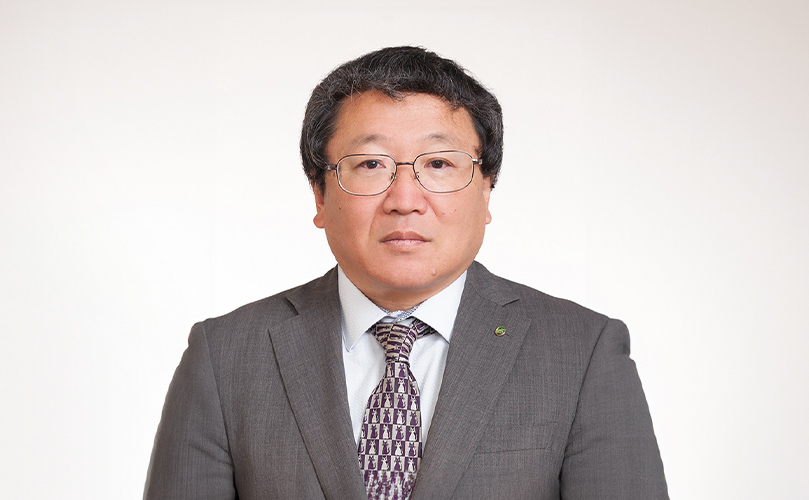
Takakazu Yumoto
Director of Kyoto Biodiversity Center, Director of the Japan Monkey Centre, Visiting Professor Kyoto University of the Arts, etc.
A key component of "Corporate Governance"
Fujitsu has established the "Fujitsu Group External Advisory Committee on AI Ethics," bringing together leading experts from diverse fields, including law, biomedicine, ecology, SDGs, consumer administration, and AI technology, to ensure a comprehensive approach to AI Ethics. This committee convenes twice a year to discuss issues related to AI Ethics. These discussions involve our CEO and Non-Executive Chairman, and the summary of the committee's recommendations and discussions is shared with the Board of Directors.
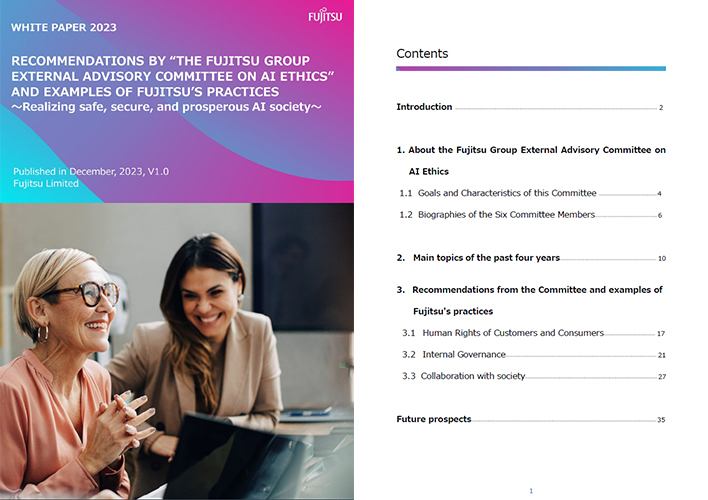
Publication of the white paper outlining the committee's recommendations
Fujitsu has published a white paper detailing the activities of the committee, including key recommendations and examples of Fujitsu's practices on how Fujitsu implements these recommendations. This white paper is available to all AI user companies. We encourage you to use this resource as a valuable guide to realize a safe and secure AI in your organization and the society.
RECOMMENDATIONS BY "THE FUJITSU GROUP EXTERNAL ADVISORY COMMITTEE ON AI ETHICS" AND EXAMPLES OF FUJITSU'S PRACTICES
Governance Structure
Organization
The "AI Ethics Office," newly established in February 2022, takes the lead in formulating governance strategies, internal practices, and external engagement, based on the "Fujitsu Group AI Commitment."
*The names of the organizations are current at the time of publication.
Incorporating into the Process
Fujitsu is implementing a variety of initiatives to establish a process of ethical practice from AI development to its operation.

- AI Ethics Check : At Fujitsu, all AI businesses are required to undergo an AI Ethics Check. In this process, diverse internal experts from various departments, including, technology, business development, human rights, and legal, gather to conduct an objective review. This review process with various perspectives can prevent ethical issues from occurring with maximum effort. Those AI businesses unable to mitigate identified risks will be rejected, preventing them from proceeding further.
- Group-wide Training Programs : Fujitsu is committed to developing employees' knowledge and skills in AI Ethics. We offer comprehensive training programs, including annual e-learning courses for all employees, from business units to corporate divisions. We also provide a wealth of resources, such as guidelines outlining ethical risks for different applications and systems, seminars, and materials for AI user companies.
- Fujitsu Alert : *We have established "Fujitsu Alert" for reporting and consulting on ethics and compliance issues not only from employees but also from customers and third party users.
- Regulation : Fujitsu is promoting AI governance based on the latest global regulatory trends of AI governance, including the EU AI Act applied and can be enforced in full by 2026.
-
Global Practice : 'AI Ethics Leaders' have been appointed in each region considering the social acceptability of AI and the rapid growth of AI business. Under AI Ethics Leaders, each region is responsible to conduct its own AI Ethics Check. This allows for the mitigation of ethical AI risks while respecting the specific cultural differences and business practices of each region.
Collaboration with society
In order to realize a safe, secure and trustworthy AI society, it is important not only to address AI Ethics on our own, but also to cooperate with society. We at Fujitsu believe that collaboration is the key, we are actively engaging with a wide range of stakeholders, including government agencies, academia, and use companies. Through initiatives such as advocacy to government, industry-academia partnerships, and lectures to AI user companies, we ensure that the conversation on AI Ethics extends beyond the industry.
Government
Fujitsu is recognized by government officials and industry organizations as a company that provides "Trustworthy AI." We are actively involved in formulating official AI ethical governance rules for society, such as participating as a member of the review committee for AI principles and guidelines for government offices. One example is our participation in the Global Partnership on AI (GPAI), an international initiative, and our participation in the formulation of the "AI Guidelines for Business," request from the Ministry of Internal Affairs and Communications and the Ministry of Economy, Trade and Industry.
Academia
One of the characteristics of our industry-academia partnership on AI Ethics is the involvement of stakeholders across various academic fields, as well as gender, age, and nationality. For example, not only researchers in the field of technology, however, many experts in the fields of social science, such as law and sociology, are conducting research in this partnership. AI Ethics is a new field of research, so it is essential to cultivate the discussion from multiple perspectives with people from diverse backgrounds.
User, consumer
Fujitsu is committed to fostering a collaborative approach to AI Ethics, actively proposing knowledge sharing with AI user companies.
We believe that the collaboration between AI user companies and AI providers will deepen our understanding of AI Ethics, and it is crucial for us to protect customers and consumers from potential threats.
We are also promoting "Generative AI Consulting" at Ridgelinez to provide our AI Ethics know-how to AI user companies. (Only in Japan)








